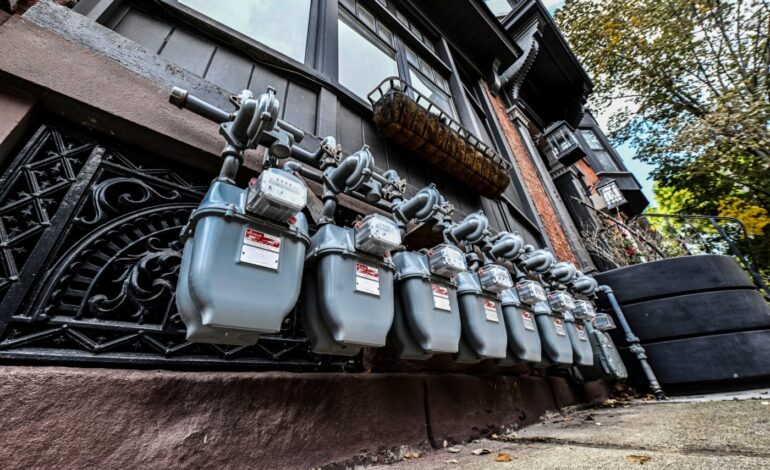Pennsylvania Utilities Halt Disconnects for Low-Income Families

UPDATE: Pennsylvania utilities have just announced they will not disconnect low-income customers this November, a crucial decision during a month when many families typically rely on federal assistance to stay afloat. The announcement follows a delay in the opening of the Low Income Home Energy Assistance Program (LIHEAP), which is now set to open on December 3 due to paused federal funding.
With the winter moratorium on utility shutoffs commencing on December 1, low-income households faced a heightened risk of losing heat-related services. The Pennsylvania Public Utility Commission (PUC) and Governor Josh Shapiro collaborated with utility companies to ensure that those eligible for LIHEAP would not face disconnections this month.
“Ongoing conversations with major electric and natural gas utilities have made clear that LIHEAP-eligible households will not face service termination for non-payment during the period between the traditional start of the LIHEAP season on November 1 and the beginning of the Commission’s winter termination moratorium on December 1,” the PUC stated.
Ralph Yanora, a commissioner with the PUC, emphasized the importance of this decision: “Pennsylvania’s electric and gas utilities are stepping up to help. Affected consumers can and should work with their utility providers to ensure that their family remains connected to essential services.”
This vital support comes as utility terminations have surged by 18% in the first nine months of 2025 compared to the same period in 2024. As utility bills continue to rise, the estimated LIHEAP budget for this fiscal year stands at $219 million, aiming to assist 368,000 households with benefits ranging from $200 to $1,000 per customer.
In addition to helping with utility bills, LIHEAP provides crisis grants between $25 and $1,000 to prevent families from losing heat, purchasing heating fuel, or repairing essential heating appliances. Despite this positive news, some households remain vulnerable, particularly those that rely on deliverable fuels like oil and propane.
Elizabeth Marx, executive director of the Pennsylvania Utility Law Project and chair of the LIHEAP advisory committee, noted the ongoing risks: “It is important to remember that Pennsylvania families who heat with deliverable fuels, like oil and propane, and those served by electric cooperatives or municipal electric utilities remain at risk.”
Marx urged all home energy providers to adopt similar measures this month to ensure safety and warmth for all Pennsylvanians this winter. For additional assistance, customers unable to secure relief through their utility can contact the PUC’s Bureau of Consumer Services at 1-800-692-7380.
As winter approaches, this announcement provides a critical lifeline for many low-income families in Pennsylvania, allowing them to stay connected to essential services during a time of pressing need.






